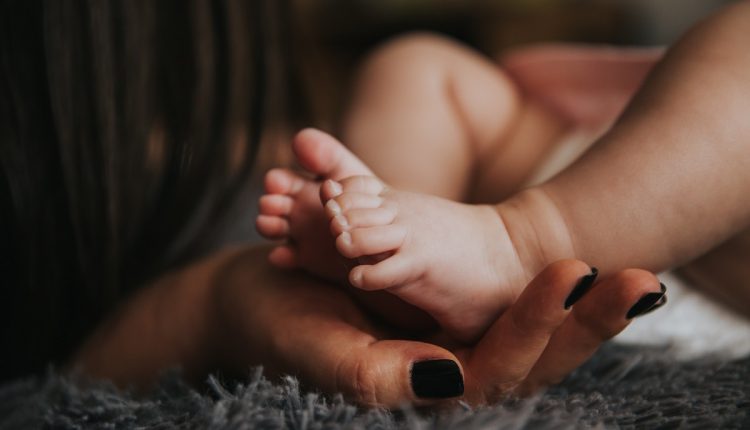
How To Take Care Of Your Infant In This Heat
Adults prepare themselves accordingly as the summer season approaches Pakistan. The moisturizing, planning to stay indoors more and drinking as much liquid as possible. However, infants are dependent on their parents or caregivers. The heat can sometimes be too unbearable for their tiny bodies.
Just last month, eight children reportedly died at the District Headquarters Hospital Sahiwal due to a malfunctioning air-conditioning. Though later the Punjab Health Department released a statement dissolving the doctors and the hospital of any responsibility, we cannot rule out the fact that infants need proper care in the heat.
They are prone to various health problems and those who are already ill need extra care.
Pakistan Pediatric Association General Secretary, Consultant Pediatrician and Dow Medical College Professor Dr Muhammad Khalid Shafi says hospitals are constructed keeping in view the installation of air-conditioning systems.
Unfortunately, at some facilities in the country there is a poor ventilation system. If ACs stop working even for hardly an hour one cannot stand the suffocation. “Poor ventilation can have serious consequences,” he warns.
On the other hand, people at home must have a good ventilation system as well. The summer season gravely effect infants, if they are not properly taken care of, because they don’t have a strong immune system, says Dr Shafi.
Moreover, a body’s strength to fight illnesses reduces in extreme weather conditions, he adds.
Signs to watch out for
Germs and bacteria thrive in the summer season. Therefore, the little ones are prone to dehydration, sunburns or several other heat-related health problems.
Dr Imran Shah, a medical officer in the pediatric department at the Mayo Hospital, says that extreme heat and cold can both be dangerous for infants. But during summer, “children under the age of six months should be exclusively breastfed. Mother’s milk has 80% water and hence, it protects a child against water shortage in his/her body,” he says.
Dr Shafi also advocates for breastfeeding infants frequently during the day than feeding them water.
Related: Breastfeeding Tips For New Moms
However, if visible symptoms are not present then look out for other signs. For instance, when heat affects infants, they become restless and stop drinking milk properly, says Dr Shafi.
Making use of nature
A lot of parents who visit the Mayo Hospital come from villages and hence, are concerned about not being able to provide proper cooling to their infants as they don’t have electricity and air-conditioners.
Dr Shah mentions that in such a situation the doctors advise parents to ensure their children rest under a shade of a tree. “It’s good to keep them in the shade to avoid sunburns and other health issues,” says Dr Shah, adding that infants should also be given showers at least three to four times a day.
Bathing children frequently also protects them from getting prickly heat, which is the most common skin problem in children during summer. It normally clears up on its own after some time but in case it gets worse a professional help from a doctor must be sought.
Tips to avoid your child from getting a heat stroke
Dr Shah explains when a child has water deficiency in the body, his/her fontanelle reduces, skin and tongue dry up and urine turns dark yellow. Since parents are responsible for a child’s health they should avoid going out from 11am to 5pm, so that infants do not have much sun exposure.
Related: Common Challenges Faced By New Moms
Moreover, parents in Pakistan have a general practice of wrapping their infant but Dr Zain Yusuf Ally, pediatrician at the Ziauddin Hospital, says that parents should avoid doing that. “Infants should be dressed in thin and loose clothing,” he suggests.
Talking about feeding water to over six months old child, Dr Yusuf advises boiling water first to prevent any diseases. “Patients often say they use filter water but I always tell them it won’t help. So, the best thing is to boil water for 15 to 20 minutes.”
Moreover, there is also a need to keep the house clean as a lot of children suffer from diarrhea and vomiting. “If we don’t keep the environment clean, there are chances that cholera spreads,” he mentions.

